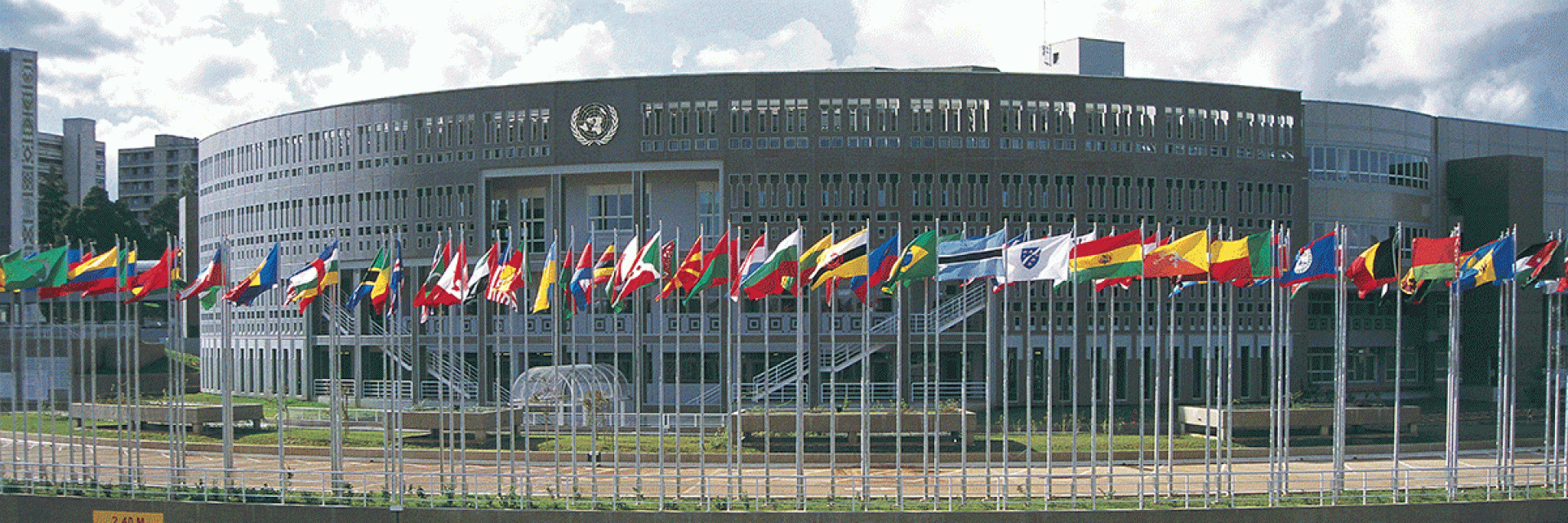Blantyre, Malawi, 12 October 2021 (ECA) – The Ad-hoc Expert Group Meeting (AEGM) of United Nations Economic Commission for Africa (ECA) Sub-Regional Office for Southern Africa (SRO-SA) was held today as a prelude to the 27th Session of the Inter-Governmental Committee of Senior Officials and Experts (ICSOE) of Southern Africa on the theme: “Agriculture value chains, linkages and transformation in Southern Africa: Opportunities from the African Continental Free Trade Area.
The meeting was attended by experts from public and private sectors, civil society organizations, regional and international development organizations, academia, research institutions and private citizens from Botswana, Ethiopia, Ghana, Lesotho, Malawi, Mozambique, South Africa, Zambia and Zimbabwe
This AEGM generated key messages and policy recommendations that will be presented to member States for endorsement at the 27th ICSOE being hosted by the Republic of Malawi under the theme, “Building back better from COVID-19 in Southern Africa: Fostering commodity-based industrialization, manufacturing and regional value-chains” both virtually and physically from 13th to 14th October2021.
In her welcoming remarks, Ms. Eunice Kamwendo, ECA SRO-SA Director, advised that the main objective of the AEGM was to discuss how Southern Africa could leverage the comparative advantage and opportunities of the agriculture sector to build African economies from the impact of COVID-19, create employment through the linkages and value-chains as the sector provides low hanging fruits to spearhead development in the subregion. AfCFTA can be a tool to develop a competitive, efficient, high value-added tradable services sector that can promote private sector growth and create decent jobs in the region. “The AEGM therefore was critical in shaping policy recommendations on how Southern Africa can harness opportunities from the AfCFTA and its Protocol on Trade in services to accelerate its structural transformation and sustainable development through agriculture.” she noted.
She emphasised the importance of the days theme and reminded the participants that the SADC region was the most affected economically in the African region, “the SADC region contracted the largest by 4.8 per cent in 2020 – representing a 7 % point drop from a growth of 2.1 per cent in 2019. In comparison, Central Africa contracted by 2.7%, West Africa by 1.5%; North Africa 1.1% with East Africa as the only region with a positive growth rate at 0.7% during the same period”.
The meeting was officially opened and chaired by, Ms.Rethabile Malule, Chair of 26th ICSOE Bureau, who commended UNECA for adopting this theme and providing a platform for addressing the important topic of agricultural value-chain under the AfCFTA. She called on policymakers and development partners to recognise that a deeply integrated Africa would unleash the region’s enormous untapped economic potential and could significantly contribute to the structural transformation of its economies. She noted that the adoption and entry in force of the AfCFTA was a key achievement and an important milestone in the continental integration agenda. “It is satisfying to observe that we are slowly but surely moving forward with the agreement, with several member States preparing strategies for its implementation”.
The official opening was followed by a presentation of the highlights from the draft study entitled, “agriculture value chains, linkages and transformation in Southern Africa: Opportunities from the African Continental Free Trade Area,” by ECA Consultant, Mr.Seth Akweshie. The report alluded to the services sector being the most dynamic and promising sector in Southern Africa. “Services is constantly gaining further weight as the key engine of any economy. While agriculture’s contribution to GDP has decreased from 17.5 percent in 2000 to 15.3 percent in 2019, the importance of the services sector is expected to continue increasing, leading both to enhanced service sector exports and increasing wealth,” he advised.
According to his presentation, the AfCFTA can represent a game-changer for the African region. With 54 Contracting Parties and operational since 1 January 2021, the AfCFTA will create a consolidated market of 1.2 billion people and a USD 2.5 trillion economy for goods and services, with the removal of tariff and non-tariff barriers. He recommended that for Southern Africa to benefit from tradable service sectors, many challenges have to be tackled such as: limited access to finance, lack of opportunities to serving foreign markets, weak infrastructure and limited access to networks and institutional facilities necessary for implementing the provisions of the Protocol on Trade in Services.
The recommentations from the AEGM will enhance understanding of the challenges and opportunities faced by member States in developing competitive, efficient and high value-added tradable services sectors that can allow SADC countries to benefit from the AfCFTA. The meeting suggested support to more infrastructural investments, including the development of transport corridors, upgrading of ports, increasing investments in internet connectivity and provision of water. This will accelerate the pace of regional integration in Southern Africa so that member States can take advantage of the AfCFTA to achieve their national development objectives, the SDGs and Agenda 2063.
Issued by:
The Sub-Regional Office for Southern Africa
UN Economic Commission for Africa (ECA)
P.O. Box 30647, Lusaka, Zambia.
Contact for more information
Lavender Degre
Communication Officer
ECA
Contact: Lavender.degre@un.org
Tel: (260)966797779

